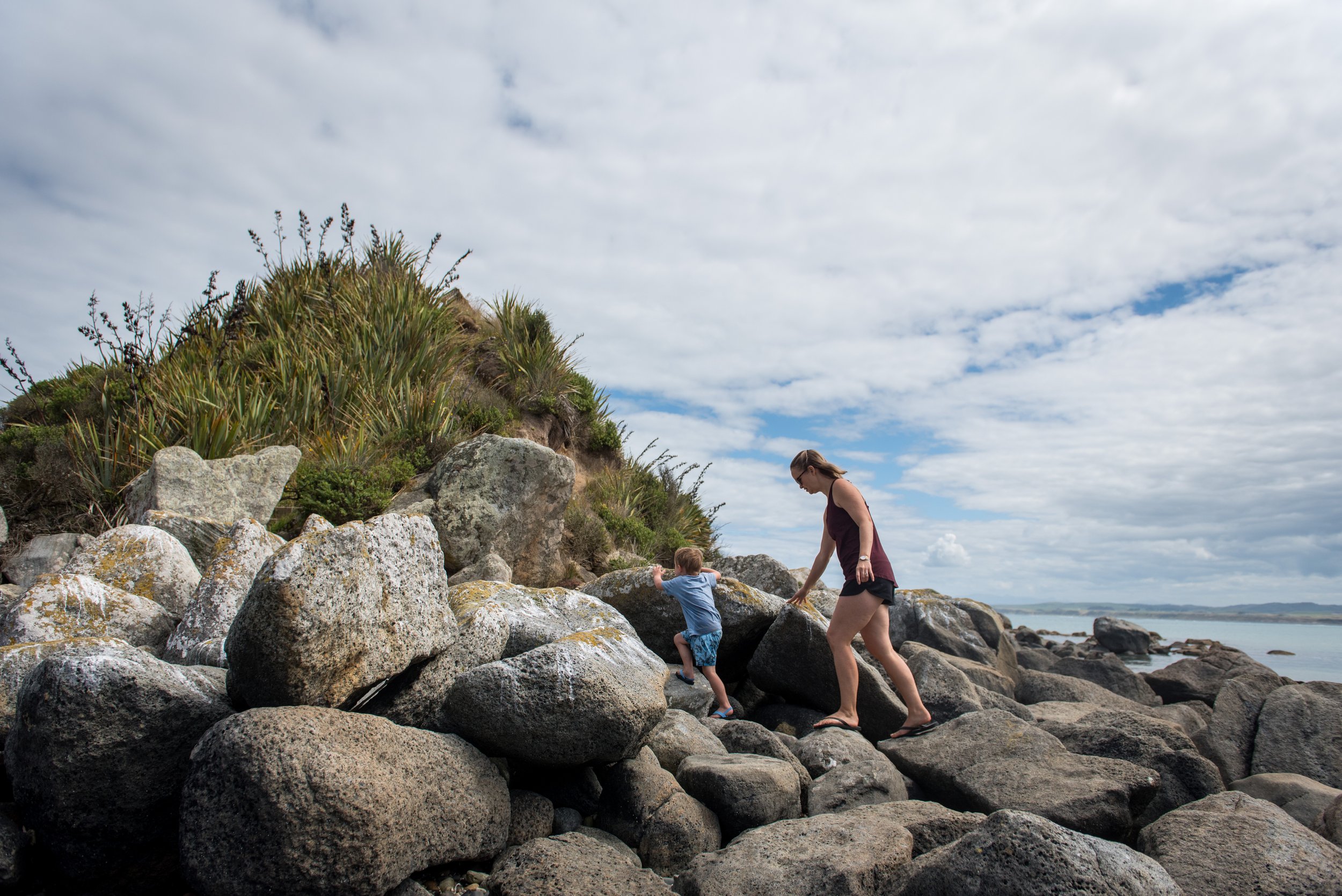Te Whare Tapa Whā
While I was studying we had to learn about different models of health, and how they can apply in a healthcare setting. Some were focused more on population health, some had a fairly narrow focus (like mental health), others like te whare tapa whā were more focused on individual health. This particular one I’ve actually fallen in love with and it forms the basis for my work with my clients. So, what is it?
Te whare tapa whā is a holistic model of health designed in 1984 by Sir Mason Durie to provide a Māori perspective on health. Often times Western medicine has focused on the physical being and the treatment of disease, to the detriment of the other aspects of our being, but te whare tapa whā takes into account other elements that impact our health and wellbeing. It is basically the four walls or pillars of our house, our being. It shows an understanding that when one wall is negatively impacted, the whole house suffers. It is looking at the person as a whole. All walls or pillars in our life need to be strong for us to be our best self. All of these pillars are interlinked, and can affect each other.
The four pillars are:
Physical (taha tinana),
Mental (taha hinengaro),
Spiritual (taha wairua),
Family (taha whānau),
and more recently it has been added that these all sit on the environment or your roots (whenua).
☀️Physical (taha tinana). Are we looking after our physical wellbeing? I like to break this down into 5 parts. Exercise and movement, nutrition, hydration, sleep/relaxation and hygiene. If we are looking after these elements, we strengthen our physical body.
☀️Mental (taha hinengaro). Are we looking after our mental health? Are we doing things that help is stay mentally healthy, or are we participating in damaging behaviours? Looking after our mental health can include things like talking to other people (including counsellors) about whats going on, processing pain and grief, forgiveness, and possibly getting medication. It also includes looking after our physical body in ways that help our mental health, like movement, food that nourishes the body, sleep and relaxation.
☀️Spiritual (taha wairua). Are you looking after your spiritual health? This isn’t just associated with a belief in God or a higher power, its the energy, the essence, and lifeforce we have within us. Its understanding that we are all connected. It’s an appreciation of what is around us, from the tiny ant to the huge oak tree. It’s looking at the stars and understanding how insignificant we are, yet at the same time just how truly significant we are! It can also be your values or belief system, and can provide a sense of purpose and belonging. To work on improving your spiritual health, you can include things like meditation or prayer, reading the bible or other religious books, getting out in nature, watching the stars, and being mindful of what and who is around us.
☀️Family (taha whānau). Family is not just the group of people we were born into, it is also the people we choose to surround ourselves with. What can we do to connect with and support them? What can we do to open ourselves to them and let them support us? Being connected to others can give us a sense of purpose, belonging and wellbeing.
☀️Environment/roots (whenua). Whenua can be our connection to the land, to the environment we find ourself in, but it can also be our understanding of where we come from and how we fit. It is your place of belonging.
To think about how these are interrelated, we can think about how we feel if we don’t get a good sleep (or maybe an extended period of less than ideal sleep). Maybe that day we find ourselves reaching for coffee to wake us up in the mornings and quick easy energy (hello sugar!) to get us through the afternoon, maybe also a glass or wine or other beverage in the evening to try help us wind down before bed. On the odd occasion that isn’t such a big deal. But when it becomes a daily thing, then it can impact further afield. Maybe we start skipping movement we enjoy. Maybe we don’t have the same level of tolerance we would like to have when dealing with our family, friends or workmates. Maybe we start to mentally feel the strain, getting angry or feeling down, yelling or crying or both. We start neglecting the practices that we know help us to feel better, getting outside, listing to music that touches our soul, eating food that makes us feel good long term rather than just trying to get that next fix of energy or trying to find something to distract us from the feels that we don’t want to feel. Long enough and maybe our family start feeling like they have to walk on eggshells around us because they don’t know how we will react. They withdraw. We withdraw, until we feel like we’re so far from who we want to be with no idea of how to get it back. That one little thing, lack of sleep has disrupted the whole house of our wellbeing, and the effects are seen throughout it.
Maybe sleep isn’t the trigger though. It could be anything. But anything can impact the other things. Sometimes we have no control over the original trigger. Or maybe it’s something that will take a long time to resolve no matter what we do. But supporting ourselves through that time, reinforcing the other walls, doing what we can, what is within our power, allows us to be healthier and happier than if we just let them spiral. This is the basis for my program. Sometimes trying to work out what the trigger is and resolve it. But always working to give you skills, techniques and strategies on how to support yourself no matter what you are going through. Not always an absence of challenges, but always finding the calm within the storm.
If you’re interested in finding out more about how you could find the calm within the storm and support your holistic wellbeing, I’d love to chat! You can book a free get to know you call here.


